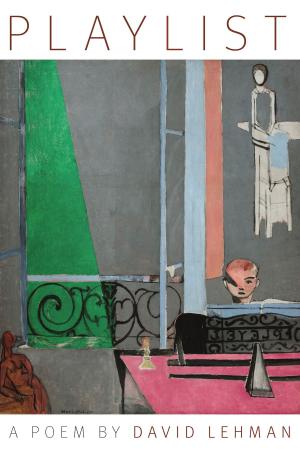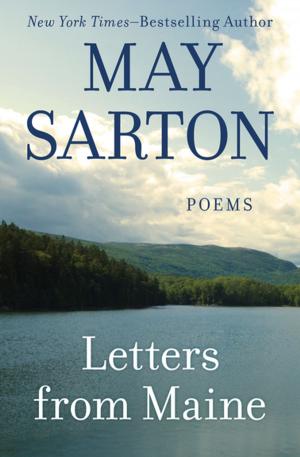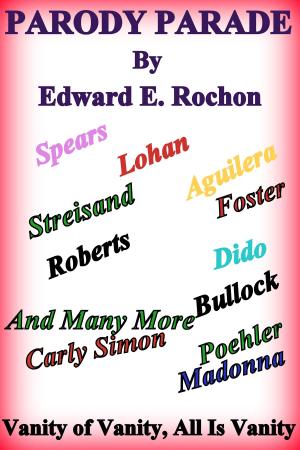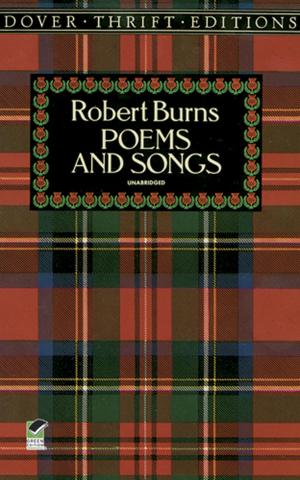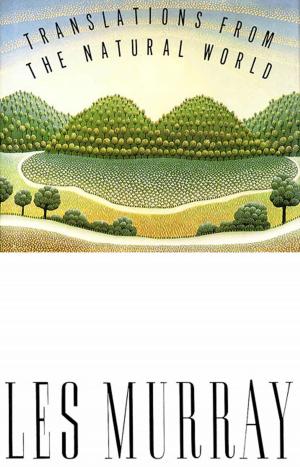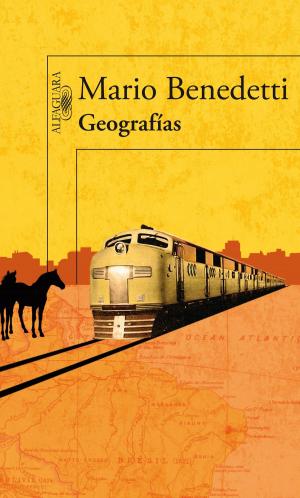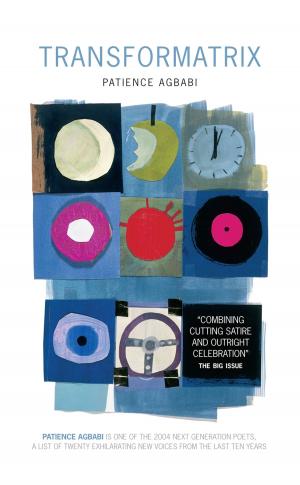| Author: | Jonathan Neske | ISBN: | 9781310563959 |
| Publisher: | Jonathan Neske | Publication: | December 15, 2014 |
| Imprint: | Smashwords Edition | Language: | English |
| Author: | Jonathan Neske |
| ISBN: | 9781310563959 |
| Publisher: | Jonathan Neske |
| Publication: | December 15, 2014 |
| Imprint: | Smashwords Edition |
| Language: | English |
Loanwords is the literary magazine of International Academic Alliance. IAA is an American administered international program that partners with local high schools in China. All the work in the magazine is written in English by the Chinese students in the program.
So why Loanwords? And what is a loanword, anyway?
A loanword is a term used in linguistics. It refers to a word that is taken from one language and is used in another without translation. I think it is an interesting title because a loanword is essentially a word that is the same in two different languages. I see it as a kind of bridge, or at least a place where two languages can meet amid so many differences.
I think it is similar to what the writers here are doing. They are trying to say something that is true for everyone despite language. Instead of a place where two languages meet amid so many differences, the writers here are describing instances where human experience meets amid so many differences. That is, in their work they are expressing something that is true for everyone. It needs no translation because the experience is the same.
But perhaps I've gotten ahead of myself because the more noteworthy part of this literary magazine is not the title, but the authors. All of our contributors are Chinese high school students who are currently enrolled in the International Academic Alliance program. They are all planning to go to college in America and have very demanding schedules. They have remarkably little free time, yet in the free time that they do have, they use to do some very creative things: photography, singing, playing music, making movies, and (of course) writing poetry.
I find their submissions remarkable. The language and the approach that these student authors use is both direct and surprising. Perhaps, they have such a different and such a fresh take on language precisely because they are not native speakers. I suppose, in the end, the reason doesn't matter. Collected here are some interesting poems by young authors just beginning their search into what is true for all people – what is true beyond borders and in both their old language and their new one.
Loanwords is the literary magazine of International Academic Alliance. IAA is an American administered international program that partners with local high schools in China. All the work in the magazine is written in English by the Chinese students in the program.
So why Loanwords? And what is a loanword, anyway?
A loanword is a term used in linguistics. It refers to a word that is taken from one language and is used in another without translation. I think it is an interesting title because a loanword is essentially a word that is the same in two different languages. I see it as a kind of bridge, or at least a place where two languages can meet amid so many differences.
I think it is similar to what the writers here are doing. They are trying to say something that is true for everyone despite language. Instead of a place where two languages meet amid so many differences, the writers here are describing instances where human experience meets amid so many differences. That is, in their work they are expressing something that is true for everyone. It needs no translation because the experience is the same.
But perhaps I've gotten ahead of myself because the more noteworthy part of this literary magazine is not the title, but the authors. All of our contributors are Chinese high school students who are currently enrolled in the International Academic Alliance program. They are all planning to go to college in America and have very demanding schedules. They have remarkably little free time, yet in the free time that they do have, they use to do some very creative things: photography, singing, playing music, making movies, and (of course) writing poetry.
I find their submissions remarkable. The language and the approach that these student authors use is both direct and surprising. Perhaps, they have such a different and such a fresh take on language precisely because they are not native speakers. I suppose, in the end, the reason doesn't matter. Collected here are some interesting poems by young authors just beginning their search into what is true for all people – what is true beyond borders and in both their old language and their new one.


